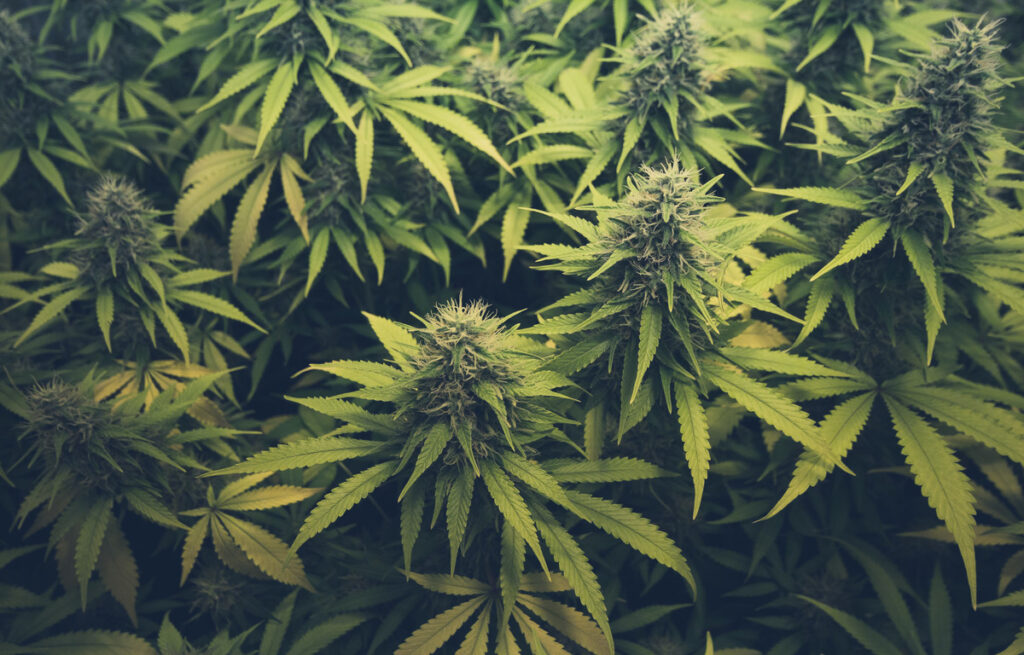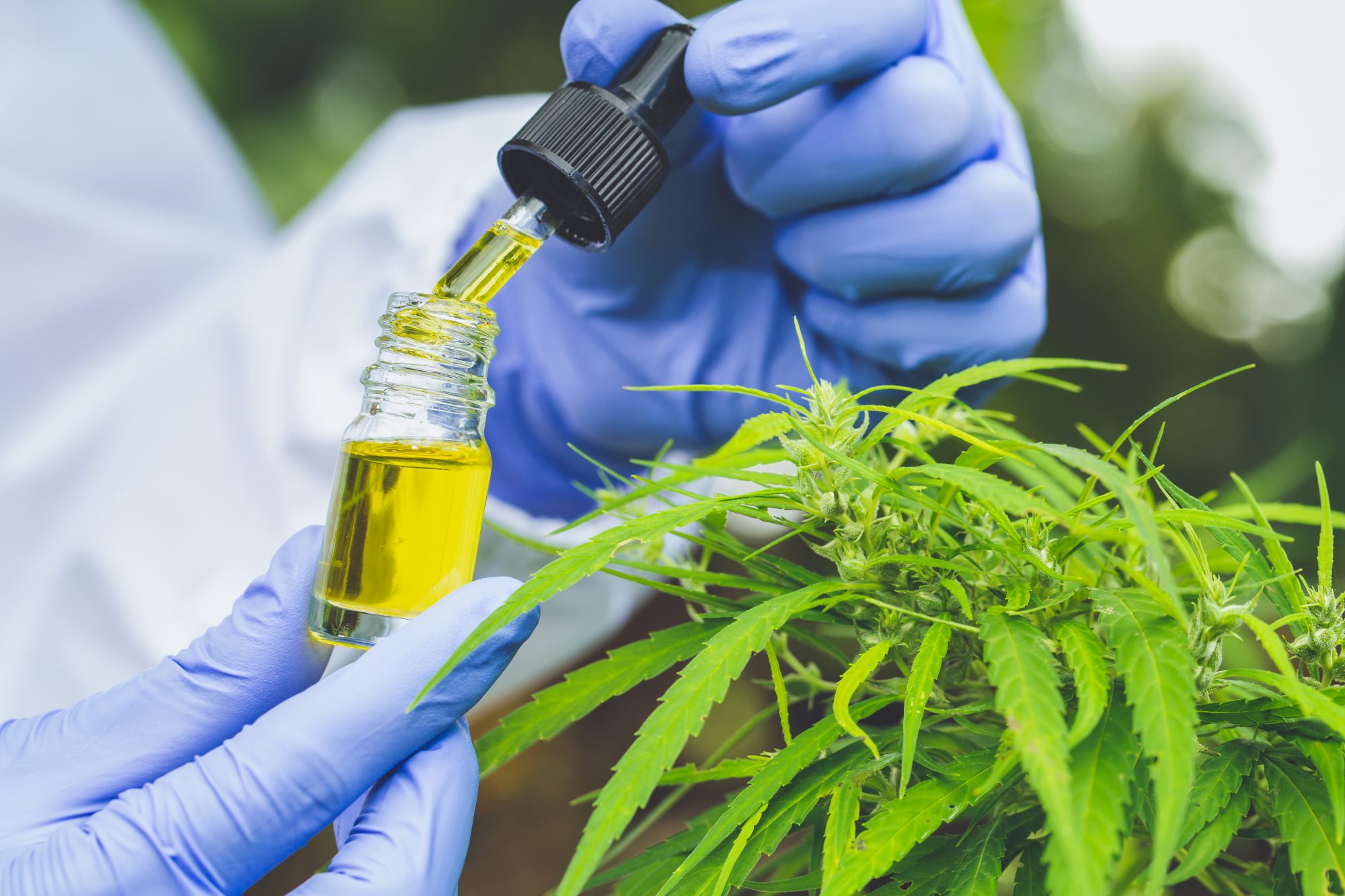Now is the moment to tell yourself the truth. University students who like using medical marijuana should consider how their habit may be interfering with their education. The claim has been disproved by several studies. But here is our checklist of warning signals to watch out for.
The mere thought of sitting down and studying might bring on a bout of unproductive procrastination. The benefits of a productive study session are worth the challenge of entering a flow state. Distractions from reading, writing, and editing are common in today’s society, thanks to the prevalence of electronic media such as social media and television, as well as less productive activities like going to the bar with friends or tending to a grow room.
The good news is that there are a number of methods we may employ to increase the amount of time we can concentrate on a task, keep our attention sustained, and ultimately prevail each time we feel the want to shirk our scholastic responsibilities. The effects of medical marijuana vary from person to person and with each usage. Find out the benefits and drawbacks of consuming medical marijuana below.

What Role Do Recreational Drugs Play in the Academic Environment?
Substances that affect one’s state of consciousness have been utilised by humans for thousands of years. Even now, we don’t give much thought to the fact that chemicals like coffee have psychoactive effects when we pick up a cup on the way to work since they are so embedded in our everyday lives. People use drugs or alcohol before doing just about anything, and studying is no exception.
But what about studying when high on weed? Red eyes, lethargy, and lack of drive are common misconceptions about medical marijuana. But have not really confirmed its impact for learning, most studies have been drawn to the aspect of how marijuana makes one high and feeling dosed in a state where learning might be affected. In terms of academic performance, however, the herb has various effects on different people, to some, it has been the case of the negative effect while in others some positive effects have been recorded.

Benefits of Medical Cannabis and Drive to Learn
THC is the primary cannabinoid responsible for marijuana’s psychoactive effects. It achieves this effect by interacting with CB1, a receptor in the brain and central nervous system. Dopamine is released in large quantities from brain cells when this location is activated. The regulation of motivation relies on this molecule. If you and medical marijuana get along well and you discover your “sweet spot” dose, you may find that weed motivates you to learn.

Flexibility
The medicinal effects of cannabis might vary widely. A variety of phytochemicals, including cannabinoids and terpenes, give distinct strains their own aromas and effects. Try out many solutions until you find one that works. Different strains produce varying degrees of inebriation; some are energising and stimulating, while others are calming and relaxing, and yet others provide no effect at all. Potential Study-Impairing Effects of using medical marijuana might completely alter your study routine. However, you run the danger of being distracted from your studies if you light up a joint before diving into your textbooks. This is where problems may arise.
Creativity
Linear thinking, the kind of methodical and analytical thinking used in domains like science and mathematics, is necessary for many courses. If you want to succeed at a higher level of study, though, you’ll need to be able to think creatively and come up with original answers to difficult questions. Divergent thinking, the mental processes behind coming up with novel ideas, is where this problem is best tackled. According to studies, Medicinal Cannabis has the potential to enhance some facets of divergent thinking at lower dosages, while hindering it at greater levels.
Depression and a lack of drive
Not everyone who takes medical marijuana experiences a surge of inspiration and concentration. Actually, it’s capable of having the opposite effect, especially at greater dosages. Some smokers report feeling sleepy and unmotivated after using supposedly stimulating cannabis strains.
Structure
You could find more focus and organisation if you use medicinal cannabis to study. Rather of leaving your desk every couple of hours for a cup of coffee, try taking short 10-minute breaks to refocus and replenish your endocannabinoid system.
Distracting
Smoking may be a distraction even if it has no immediate harmful consequences. While high on some strains, you may find yourself fixating on irrelevant stimuli like psychedelic music videos or scrolling aimlessly through your social media feed in search of posts that increase your high.
Adverse reactions
Even the most disciplined student might be distracted by the unpleasant effects of THC-rich medical cannabis, which prevent them from focusing on their studies until the symptoms subside. Paranoia, fear, anxiety, memory loss, and a skewed perception of time are just some of the symptoms.
Between Sativa or Indica Strain of Medical Cannabis, which is the best?
Sativa and indica are not descriptors of different cultivars’ effects, contrary to popular belief. The effects of sativa strains are supposed to be more uplifting, while those of indica strains are thought to be more sedating. Sativa tends to grow taller and have thinner leaflets than indica do, although these names simply describe the morphology (physical aspects) of the plants.
In the end, cannabinoids like THC and CBD determine the primary effects of each kind, while terpenes determine whether the high is sedating or energising. Choose types rich in limonene and pinene if you want to feel more alert. Choose those high in myrcene to ease your mind and body.
To know more about where to buy medical cannabis in Australia and other medical marijuana resources, you should book a consultation session with a professional from Chronic Therapy today.

